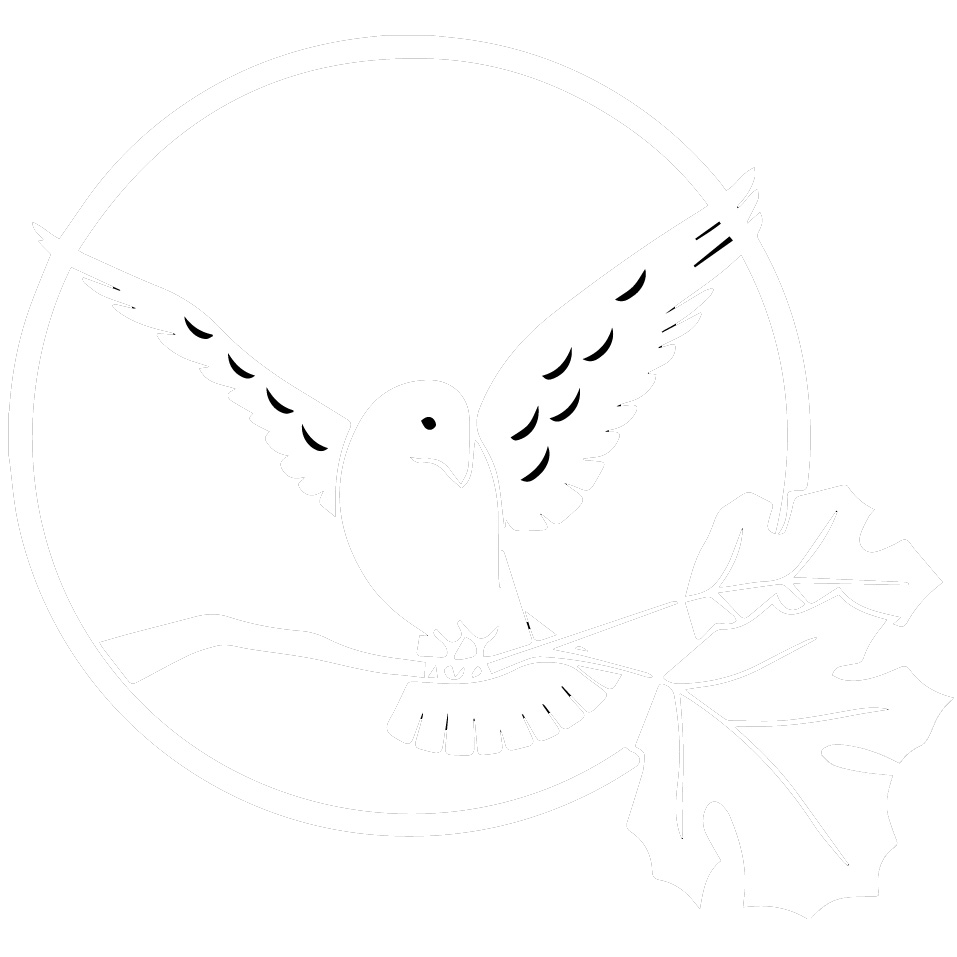Mental Health First Aid is an 8-hour course that teaches you how to identify, understand and respond to signs of mental illnesses and substance use disorders. The training gives you the skills you need to reach out and provide initial help and support to someone who may be developing a mental health or substance use problem or experiencing a crisis. Most of us would know how to help if we saw someone having a heart attack—we’d start CPR, or at the very least, call 9-1-1. But too few of us would know how to respond if we saw someone having a panic attack or if we were concerned that a friend or co-worker might be showing signs of alcoholism.
Mental Health First Aid takes the fear and hesitation out of starting conversations about mental health and substance use problems by improving understanding and providing an action plan that teaches people to safely and responsibly identify and address a potential mental illness or substance use disorder. When more people are equipped with the tools they need to start a dialogue, more people can get to the help they may need. Mental Health First Aiders can even save lives.
Trainings will be from 8:30 am-5:30pm and will have light breakfast & lunch provided. Students can register using the links below or go to https://whitebirdclinic.org/education to register for multiple classes at once. For more information, including alternate payment options, please contact anne@whitebirdclinic.org.
- Adult Mental Health First Aid Class: Friday, December 5, 2018– currently accepting registrations
- Mental Health First Aid for Older Adults: January 11, 2019 — currently accepting registrations
- Mental Health First Aid for Older Adults: February 8, 2019 — currently accepting registrations
- Youth Mental Health First Aid Class: May 8, 2019 — currently accepting registrations
- Adult Mental Health First Aid Class: Friday, May 17, 2019 — currently accepting registrations
Mental Health First Aid is intended for all people and organizations that make up the fabric of a community. Professionals who regularly interact with a lot of people (such as police officers, human resource directors, politicians, and primary care workers), school and college leadership, faith communities, advocates for the unhoused, friends and family of individuals with mental illness or addiction, encampment managers and allies, parents, or anyone interested in learning more about mental illness and addiction should get trained.
- Visit https://www.mentalhealthfirstaid.org/ for more details about these courses.

